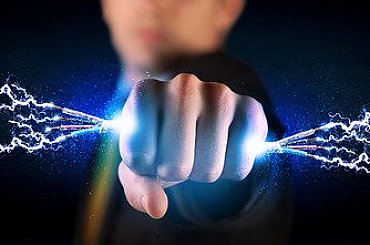Crucial EU electricity market integration collides with member states' worries of uneven benefits
The EU has worked for decades to merge the electricity markets of its member states and make the flow of power across borders as seamless as possible. As renewables reshape electricity systems, it is ever more important to integrate ever more to strengthen supply security, ensure affordability and advance sustainability. However, the union will have to address pressing challenges arising from this interdependence or risk the project stalling, say experts. This factsheet outlines the EU’s goal and the what hurdles lie along the way.

You are not logged in
If you want to read more, join the ENERGY-HUB club
LoginTry the monthly membership in the ENERGY-HUB club for free!
Related articles
Nuclear energy key to decarbonising Europe, says EESC
The EESC has adopted an opinion pointing out that nuclear energy is an essential component of the clean energy mix which is needed…
Analysis: Offshore wind factory plans reveal contrasting positions for European and Chinese OEMs
As two of Europe’s biggest turbine makers, Vestas and Siemens Gamesa, pause plans for new offshore wind factories in Denmark and P…
U.S. and Japan Reach Trade Deal
Trump says Tokyo will face 15% reciprocal tariffs instead of the 25% he had threatened
The EU needs a balanced energy system to ensure security of supply
The EESC’s June plenary saw the adoption of an opinion urging the bloc to diversify and innovate its energy system to ensure stabi…
Network operators call for slowing Germany's grid battery boom
A boom in large-scale battery storage systems is pushing Germany's power grid operators to their limits, with some calling on lawm…
ENERGY-HUB is a modern independent platformsharing news and analytic articles from the energy sector on a daily basis. Within our portfolio we monitor czech, slovak and foreign press releases.



